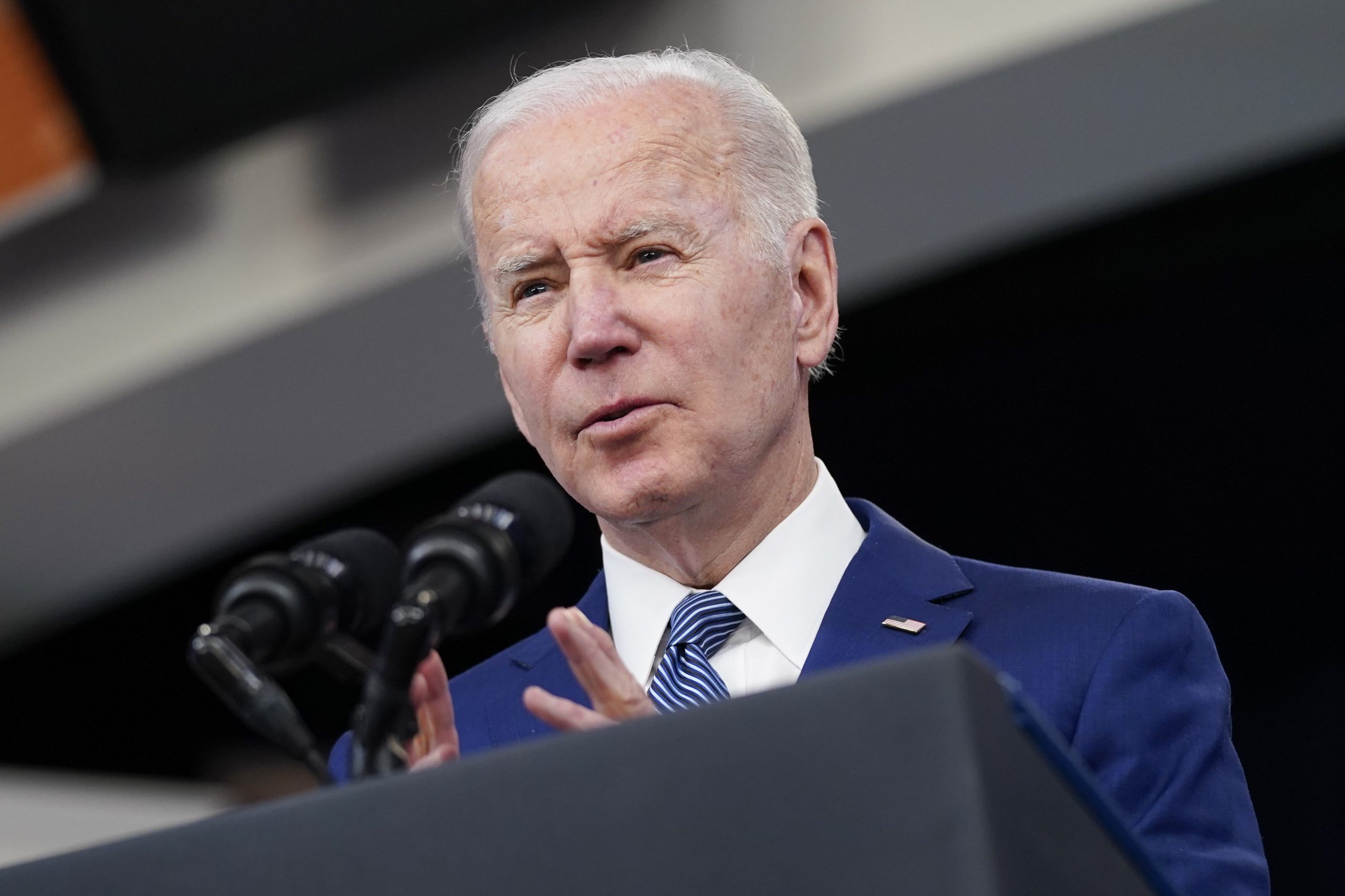Canadian manufacturers hope for exemptions from latest Buy American provisions

Canadian manufacturers are once again facing the risk of being hit by U.S. protectionism and the need to fight for crucial exemptions.
The challenge comes after the Biden administration announced new procurement guidanceMonday that requires the construction material purchased for federally-funded infrastructure projects to be produced in the U.S.
Dennis Darby, head of Canadian Manufacturers and Exporters, says Canada will have to work hard to secure carve-outs and waivers to protect access to the U.S. market, as it has done in previous challenges.
Key to those efforts will be emphasizing the integrated nature of the economies, where materials already flow freely across the border, and how Canada is rarely in a position to undercut U.S. prices.
"Canada and the U.S. don't compete with each other in the manufacturing sector; we actually make things together. And that's a truism, it's not even a cliché," Darby said in a phone interview.
Across the continent, some grades of steel are made almost exclusively in Canada while others are produced in the U.S., he noted.
"We'd love to say, 'Buy North American.'"
The U.S. provisions are likely intended to target countries like China, where there are concerns about subsidized production and the dumping of products for export at problematically low prices, Darby added.
The Buy American rules, part of the US$1-trillion infrastructure package that was passed into law last November, mandate that all of the "iron, steel, manufactured products and construction materials" used in projects — from bridges to broadband internet — that draw on those federal funds are made on home turf.
However, the legislationallows for several scenarios where the requirements could be waived, including if they're inconsistent with public interest or if the materials aren't produced in sufficient quantities or satisfactory quality domestically.
Federal agencies will be responsible for approving all waivers, which the White House says should target specific products and projects "to the greatest extent applicable," rather than whole sectors or product types. The emphasis marks an effort by President Joe Biden to tighten up broad exemptions that some states have relied on to get around procurement rules.
In response to the Buy American push, Global Affairs Canada and the Finance Department are in the midst of consultations on reciprocal procurement policies. The two departments said last month the new U.S. requirements "are expected to negatively affect Canadian suppliers’ access” to U.S. markets.
The federal hearings follow a Liberal budget commitment last year pledging "to ensure that goods and services are only procured from countries that grant Canadian businesses a similar level of access to their procurement markets."
In the 2022 budget, released earlier this month, Ottawa said it would develop new targets for "green procurement" across the government, adding a green tint to the more than $20 billion it spends on procured goods and services each year.
That could have the effect of favouring homegrown producers, said Stuart Trew, a researcher specializing in trade at Canadian Centre for Policy Alternatives.
"We do have low-carbon cement, we do have low-carbon aluminum, low-carbon steel being produced in Canada. And if you're requiring those conditions on federal spending and federal transfers, you are going to prioritize domestic jobs," he said in an interview.
That route may be all the more appealing given that trade deals could preclude Canada from explicit domestic favouritism.
"Canada has made a lot of commitments and trade agreements outside of the WTO (World Trade Organization). So with the European Union, for example, that pretty much prohibits any kind of domestic preferences on spending going right down to the school board level," he said, noting exceptions in some provinces for major public transit or hydro projects.
This report by The Canadian Press was first published April 19, 2022.
Christopher Reynolds, The Canadian Press




